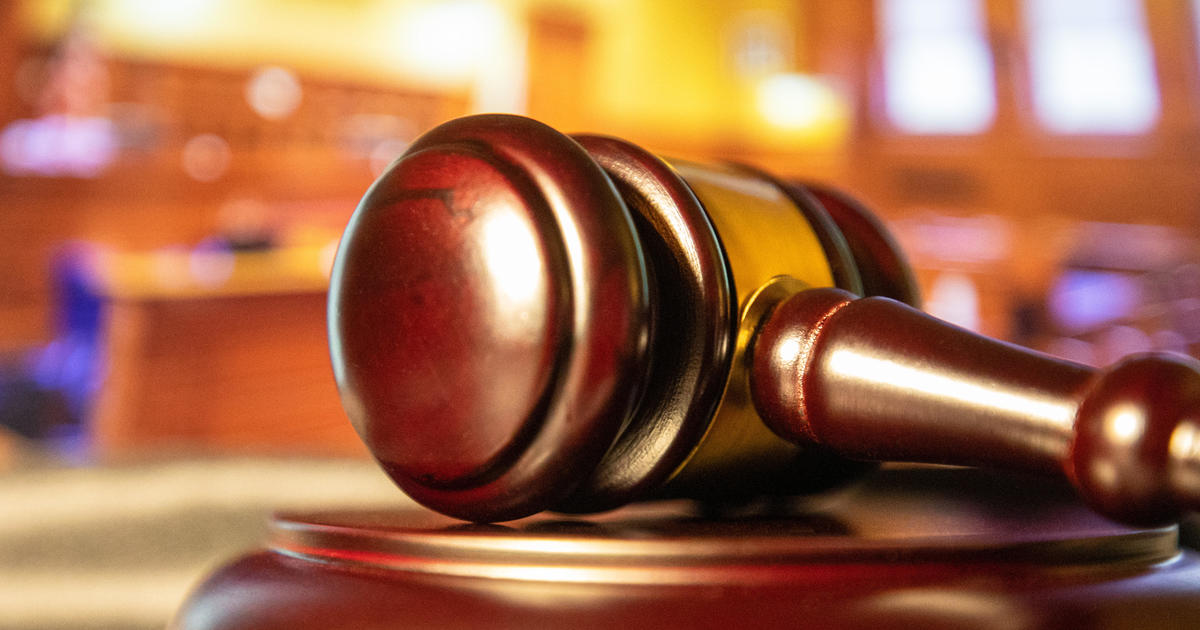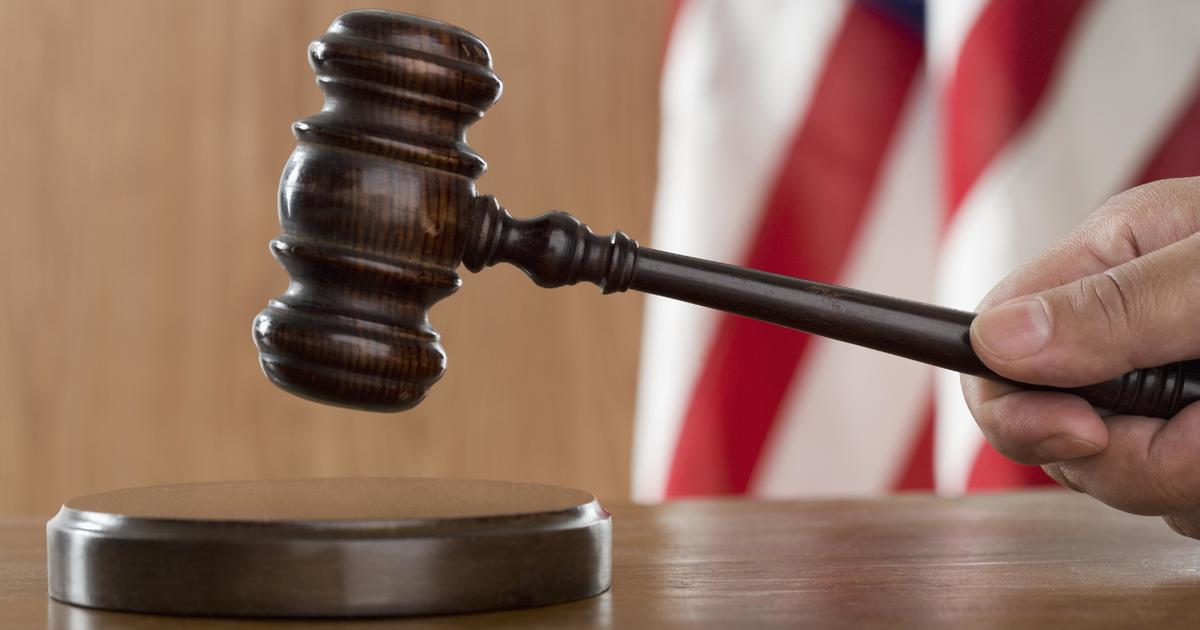State Encouraging Mediation For Wind Power Disputes
The Snyder Administration is encouraging the attempt to resolve community disputes over wind farms and other wind installations short of court.
The state Bureau of Energy Systems, formerly called the State Energy Office, said Monday that it has begun to work with the Community Dispute Resolution Program in Michigan to provide communities with contact information for individuals with specific expertise in wind-related Community Dispute Resolution, as well as information on the Community Dispute Resolution Program (CDRP) program .
In many jurisdictions throughout Michigan, courts are making citizens aware of the availability of mediation as an alternative to litigating many types of disputes.
Community Dispute Resolution is a voluntary process in which two or more parties meet with a trained neutral mediator and together find a resolution to their problem. Mediators have no decision-making authority, and they do not render case evaluations as in the case evaluation process specified in state court rules. Instead, mediators are trained to assist the parties in generating options that result in a mutually acceptable resolution of their conflict.
The Alternative Dispute Resolution Section of the Michigan State Bar houses a number of mediators who have mediated gas and oil, land use, and various additional "siting" type issues, including wind farm issues.
Other trained individuals work in government, private industry, the non-profit sector and academia. Some individuals have training specifically related to wind energy.
Michigan also has a network of Community Dispute Resolution Program centers that offer mediation. The centers, supported in part with funding from the Michigan Supreme Court, are available to provide mediation in a wide variety of dispute types.
See http://courts.michigan.gov/scao/dispute/ for more on the Community Dispute Resolution program.
Local municipalities are incorporating a provision for wind-specific dispute resolution processes in both their planning process and local zzoning ordinances that covers the planning, implementation, and operation stages of local wind farms.
In the interest of minimizing the number of post-construction complaints, local municipalities may also wish to consider some preventive measures that might reduce the need for formal dispute resolution processes or litigation. For example, provisions might address requiring wind companies to include good-neighbor payments to non-participants who are located within a pre-determined distance of a utility-scale wind turbine. Another consideration for municipalities that wish to minimize disputes may be to limit wind energy projects only to areas of low residential density. Overlay districts may be useful in encouraging the siting of wind turbines in certain areas, in addition to encouraging continued use of those areas for agricultural purposes. In more industrialized areas, wind energy overlay districts could be identified to encourage placement of wind turbines in areas zoned as industrial.
Furher information about the program, including a list of mediation centers across the state, can be found at: http://courts.michigan.gov/scao/resources/other/cdrpcenters.pdf.
Finally, the Bureau of Energy Services has identified the following individuals as having specific expertise in wind-related community dispute resolution and wind energy: Zavid Bidwell, (336) 416 1644, bidwell2@msu.edu; John Sarver, (517) 290-8602, johnsarver3@bmail.com; Dan Cherrin, (313) 300-0932, dcherrin@fraserlawfirm.com; and, Richard J. Figura, (231) 326-2072.
More about the program overall by contacting Mark H. Clevey at (517) 241-6280 or email cleveym@michigan.gov.



